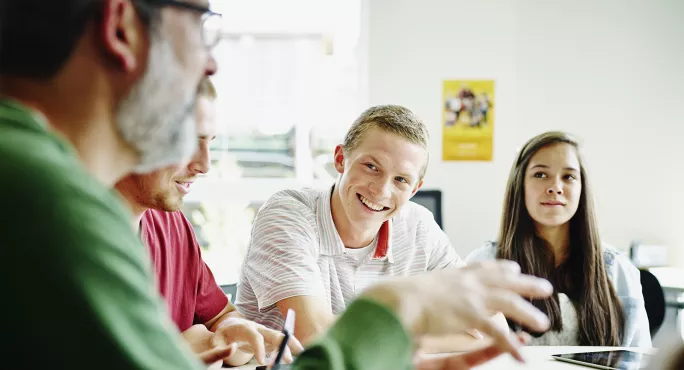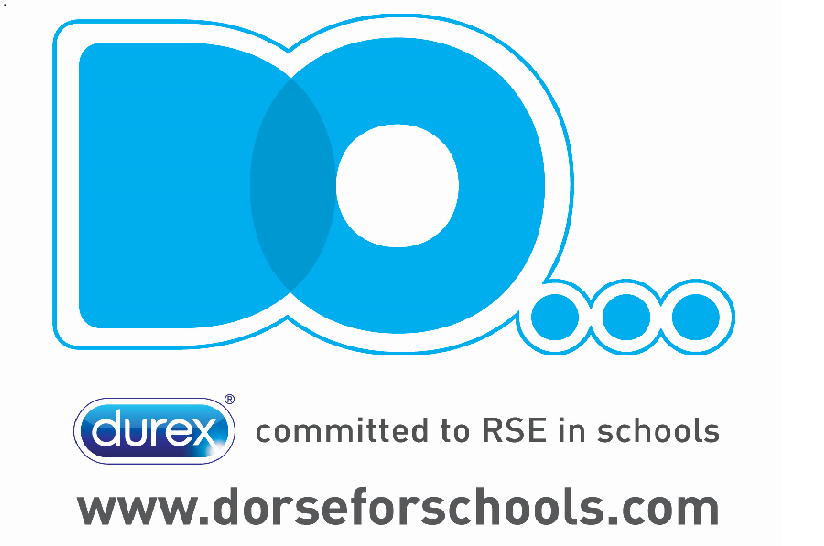How to begin a relationships and sex education module

The first time I ever taught relationships and sex education (RSE) was during an observed Year 7 lesson when I was training to be a teacher. I confidently wrote all the key words - penis, testicles, uterus, vagina, vulva, clitoris - on the board. Later in the lesson when I tried to rub them off, I discovered, to my horror, that I had used permanent marker. The resulting hysteria (among my students and me) took some recovery, but, in my defence, at least the vocabulary list and definitions became more memorable.
Fourteen years on from this inauspicious start, I have made a career out of RSE. I work with young people directly, and support teachers in delivering RSE, as well as writing and speaking about it for DO… a collaboration of organisations providing free RSE resources to secondary schools.
As statutory RSE comes in from 2019, I know that many teachers are worrying about how to get started with this vital subject. So it feels like a good time to share my advice on how to best deliver RSE (without using permanent markers).
Reflect on your own sex education experience
Think back to your own sex education. What was good about it? What could have been better? What kind of sex ed teacher do you want to be? Reflecting on and unpacking our previous experiences can really help shape what we teach and how we teach it. There are some free self-reflection exercises that can help with this before you enter the classroom.
Reflective practice also means learning from mistakes. So even when a lesson doesn’t go quite to plan, there’s always something that can be learned and improved on for next time (even if it’s as simple as always keeping the condom cupboard locked between lessons to avoid water balloon fights at breaktime).
Create a safe environment
One of the most important things to establish before you start is a group agreement; a set of ground rules and guidelines for the interactions that will happen in the sessions. Creating a shared vocabulary - unpicking why some people find some words offensive while others don’t - is a really helpful process. Learners also feel safer in an inclusive environment, so make sure your materials offer a diverse range of bodies and identities and use terms such as “partner” so as not to make assumptions about “boyfriend” or “girlfriend”.
It’s not a good idea to share your own personal experiences or to encourage learners to talk about theirs. Distancing keeps everyone safe, so talk about Love Island or a diverse range of made up characters and scenarios. You should always allow learners a right to pass and enable them to work in groups where they feel comfortable.
Make RSE fun
The best RSE lessons are active and participatory, like the invaluable consent handshake activity or solving problem pages questions such as “I really like someone online, shall I send them a nude selfie?”. My absolute favourite aspect of sex education is working with young people to get creative with learning opportunities. That could mean using arts and craft to explore gender by building collages of the “perfect” man or woman, for example, and unpicking what that means. Or playing keyword Jenga or Taboo and using chemicals to explore STIs . Or even getting students to plan and design their ultimate puberty party (anyone for a game of Pin the Pubes on the Body?).
Don’t feel you have to know all the answers
You will be asked difficult questions that you may not know the answer to. The most important skill we can impart to our learners is to get them to question everything, from social norms about masturbation to whether they are ready to have sex. The classic anonymous question box is useful here: it can support distancing, as well as giving you the necessary breathing space to look up some of the answers for a subsequent session. It will also help you establish what your young people want and need to know. Your role is largely about supporting them to explore and question the big issues like positive relationships, consent, gender (in)equality and social norms. Think of yourself as a facilitator.
Know your local and national signposts
In a time-limited curriculum and where your subject knowledge may still be developing, it’s important to know where to direct young people to get further accurate, impartial information and support. You need to keep up to date on the local clinic times, and if and when the school nurse might be available to your learners. Signpost reputable websites like NHS Live well, Brook, FPA (and their website Sexwise) Scarleteen and Bish UK, these are vital sources for information that young people might be too embarrassed to explore in class. It’s also important to help your groups develop strategies to confidently advocate accessing and receiving sexual healthcare.
Find an RSE support network
Finding supportive colleagues both online and offline can be invaluable. I run a Facebook group open to all RSE teachers to share, reflect on and develop our practice. It can also be helpful to initially go over the trickier aspects of the RSE curriculum with supportive staff rather than in front of a class (getting confident with your condom demonstration and saying vulva without blushing is much easier without a teenage audience). The added bonus of having supportive colleagues is that when the flour babies get burst at breaktime, or the kids are shouting “masturbation for the nation” in the corridors, you know that other staff have got your back. And yes, both of those have happened to me.
Follow this advice and you will be off to a great start as an RSE teacher. It’s also important to point out that improving yourself as an RSE teacher will also improve your general teaching overall. If you can confidently handle tricky questions, deal with any disclosures that arise and facilitate challenging discussions while maintaining a safe learning environment and managing relationships with tricky parents or other stakeholders, then you will be one of the best teachers out there.
Alice Hoyle is a relationships and sex education advisory teacher and one of the co-authors of the DO… for schools materials. She also works on the Sex and History Project, and as an LGBT+ youth worker. She tweets at @alicehoylePSHE
